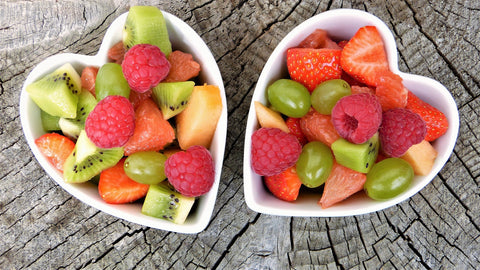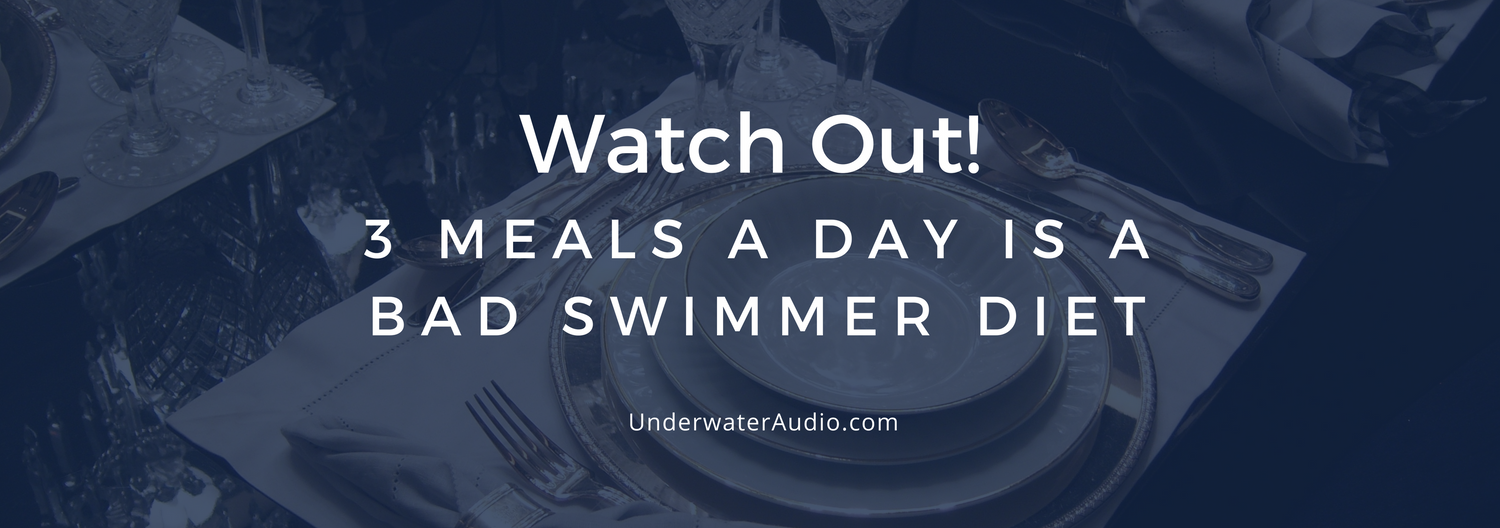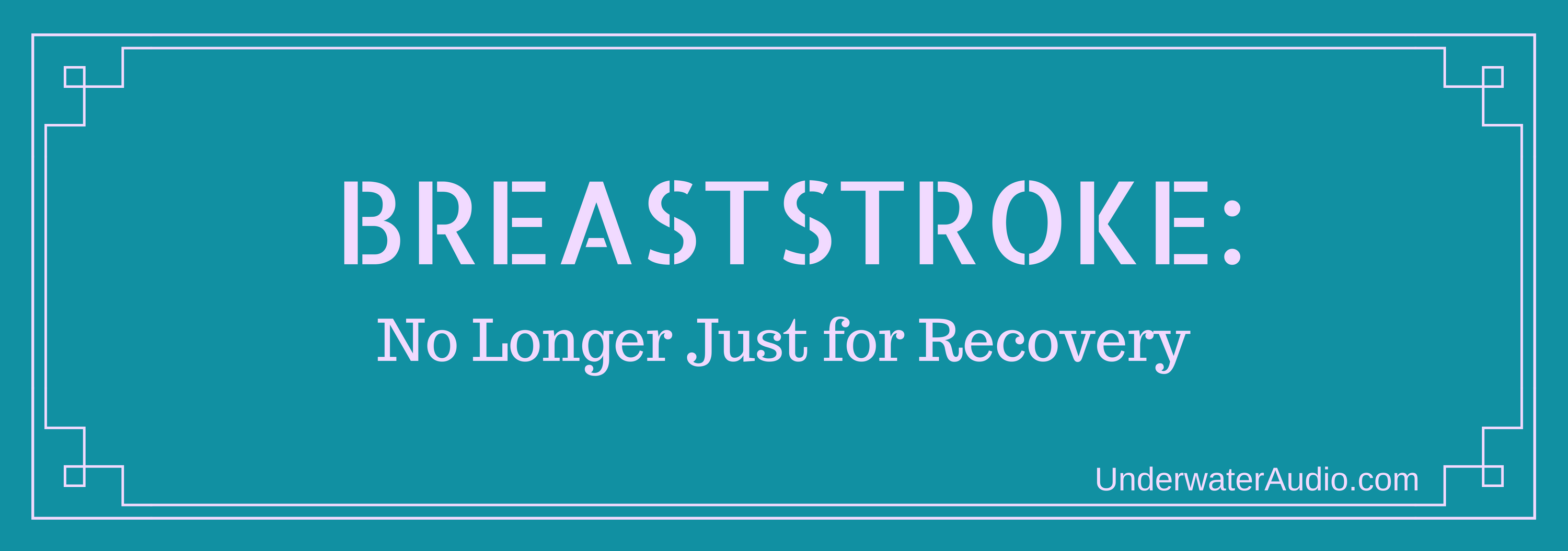What is a swimmer’s ideal diet? Our culture has dictated that we are supposed to eat 3 meals a day.
Breakfast. Lunch. Dinner.
Unless you’re a hobbit, who eats 7 meals a day (Breakfast, Second Breakfast, Elevensies, Lunch, Afternoon Tea, Dinner, Supper), or a caveman, who eats from hunt to hunt, this 3 meals a day thing is not a new concept.
However, research is showing that grazing with small snacks throughout the day may be better for us. For athletes, several medium to large snacks throughout the day might be needed to meet the energy demands.
Don’t believe me? Read these points below and see what you think.
Meal Frequency and Blood Sugar Response
When you eat the standard 3 meals a day, it is likely that those meals will be fairly large. It’s a normal habit in order to tide you over until your next meal.
The effect this has on your blood sugar is not ideal.
Right after you eat, your blood sugar will have a huge spike and from that point on, it will trickle down until your next meal.
This extreme roller coaster wave is insufficient for a serious athlete. Instead, make sure your energy reserves are never depleted. Eat small amounts of food regularly (every two to four hours). This keeps your blood sugar and energy levels steady.
Eating Before Your Swim
You want to make sure you have enough energy to make it through your swim. You also don’t want to be so full that you are sluggish.
The timing of this meal is important.
When you eat, your blood circulates to your core to aid in the digestion process. All of your energy is utilized to aid in digestion.
When you work out, your body goes into flight or fight mode. All your blood circulates to your large muscle groups in your extremities and your energy is spent in muscle contraction.
If you eat too close to working out, it is likely that you will feel uncomfortable. The perfect time frame for eating pre-swimming is “about half hour to one hour prior to the workout.” Remember to drink water prior to your workout too. You don’t want to start a swim dehydrated!
Make sure the snack is easy to digest. Like some fruit or raw nuts. Or even better… a smoothie!

Refueling After Your Swim
During your swim you expend a lot of energy. Therefore, you will need to refuel to keep your energy supply consistent and level.
The ideal time to eat a snack to refuel is within the hour after finishing your workout. Preferably within 15 to 30 minutes.
It is also important to choose the right kind of food to refuel. Pick something low in fat and high in carbs and protein. Protein powder mixed in skim milk or water is a good choice as it absorbs/digests well.
Remember to rehydrate too!
The timing of this snack will make the difference between whether or not your blood sugar crashes.
In order to avoid any LBS issues such as feeling faint, lethargic, sluggish… (or if you’re like me, actually fainting), it’s important to refuel sooner rather than later.
Late Night Snacks: To Eat or Not to Eat?
Eating big meals right before bed is a bad idea.
Even if you don’t go to bed for another hour or two, you are less likely to be active late at night. So, you will go to bed with a full belly.
This habit will interfere with the quality of your sleep and make you feel uncomfortable, sluggish and lethargic the next day. Which is ESPECIALLY bad if you have a morning swim planned.
“WHY?” you may ask...
Due to how melatonin behaves in the body, we’re supposed to have a natural, much needed cool-down at night. Once there’s a slight drop in temperature, “growth hormone is released and works its regenerative magic.” It’s part of how the body rejuvenates. Eating too close to bed messes it all up.
“If we sleep with lights on or eat too close to bedtime, the natural cool-down process will not take place, putting us at risk of low levels of both melatonin and growth hormone.”
In order to swim well, it’s important to get proper rest.
Do your best to not eat anything starchy or any simple carbohydrates past 7 at night. If you NEED a late snack, make it as early as possible and choose one that is high in protein. Like a glass of milk or a small protein shake. The absorption rate is slower and will be synthesized while you sleep (rather than a huge, roller coaster spike in blood sugar followed by a revved up, heated metabolism).




Leave a comment
All comments are moderated before being published.
This site is protected by hCaptcha and the hCaptcha Privacy Policy and Terms of Service apply.